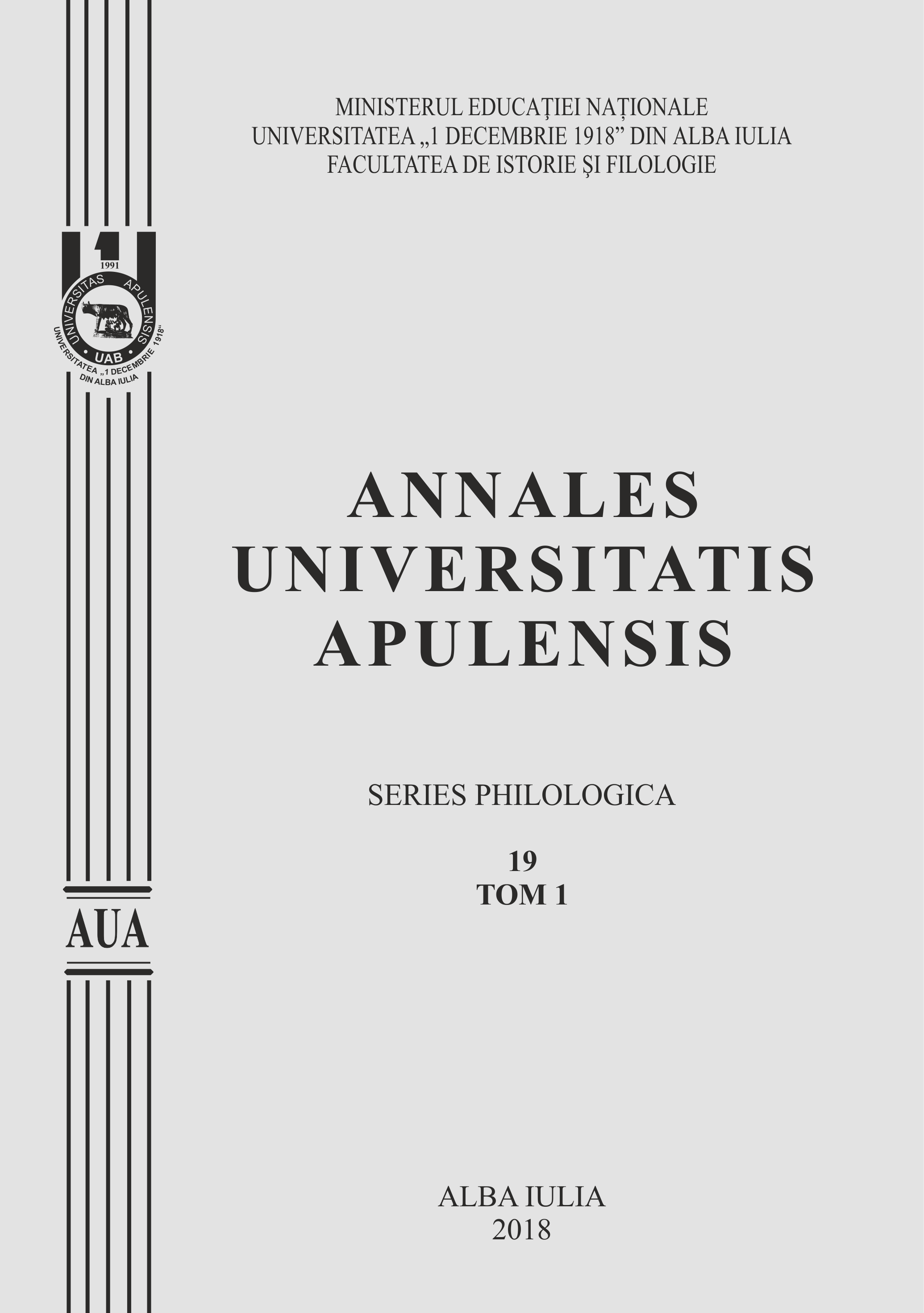DE LA CUVȂNT LA TEXT. POEZIA ȘI VIZIUNEA LUMII
FROM WORD TO TEXT. POETRY AND WORLDVIEW
Author(s): Oana BocSubject(s): Language and Literature Studies, Theory of Literature
Published by: Universitatea »1 Decembrie 1918« Alba Iulia
Keywords: worldview; poetic meaning; poetry; universe of discourse; poetic finality;
Summary/Abstract: The signified (the content of idiomatic signs) and, implicitly, the designations itinfluences, are the “raw material” of textual meaning in general, and thus of poetic textual meaning, as well (since meaning presupposes the pre-existence of significational entities previously created in speech as pre-textual units, alreadyrenderedwithin and through the idiomatic tradition). But what is specific to the poetic way of creating meaning is that poetry interrupts, to a certain extent, the organisation of the world rendered by language or by the “worldview” in Humboldt’s terms, creating instead another order and implicitly another “world”, sometimes even abolishing the meaningful limits of words and reconfiguring paradigmatic opposites (for instance, bydesemanticisation or resemanticisation). The poetic act creates its own referent during (and simultaneously to) the process of creation of meaning with poetic finality, by interrupting the primary organisation of the world rendered by language and by an individual and free reconfiguration of the world order, in an independent universe of discourse. World-conceiving is, in fact, as Coşeriu reveals, the essential and intrinsic finality of poetry (the poetic finality). Thus, poetry creates its own meaningful entities, which are “universal possibilities of being” (Coşeriu) and which configure a world of meanings that is independent in relation to the world perceptible through sensible experience. The creation of this world of meanings does not relate to the empirical (real) world. Instead, this essential metaphorical process is guided by the poetic principle of the transgression of the “ordinary system of meanings” into a different “ontological horizon”, in Blaga’s terms. A world created by literature only acquires consistence gradually, as its content, the textual meaning, is established. Thus, the poetic act definitely presupposes the meanings of a language and implicitly the “worldview” rendered by language (as a primary semantic process). The new view of a different world created by poetry is not a reconstruction or multiplication in relation to the worldview we have through language, but a trans-meaningful creation that provides, due to the uniqueness of its individuality, models of universality. It is the hypostasis of human creativity, a type of creativity that establishes essence freely and absolutely.
Journal: Annales Universitatis Apulensis. Series Philologica
- Issue Year: 19/2018
- Issue No: 1
- Page Range: 220-230
- Page Count: 11
- Language: Romanian

